In 2023, Australians lost $2.74 billion to scammers. This is an extraordinary amount of money. Yet, believe it or not, it’s actually a decrease of 13% from the previous year when scammers stole $3.1 billion from hardworking Australians.
Scammers are opportunists who will go wherever the money is. This means they’ll target your bank account, your credit card, your superannuation – they’ll even have a crack at settlement transactions. (and on a few occasions, they’ve actually been successful). For example, in 2022, a WA woman lost around $732,000 after scammers intercepted email communications between her and her settlement agent in relation to the purchase of a Beaconsfield property.
What made the scam so effective was that everything at first glance seemed legitimate. It all started when the home buyer received an email with authentic-looking documents attached from whom she thought was her settlement agent. The woman was asked for the remainder of the purchase price of the property to be deposited into a bank account prior to settlement.
The message came via a generic Hotmail email address that used the agency’s name. (Of course, this was a fake email address impersonating her settlement agent, and requesting the payment for the property purchase to be deposited into a different bank account that they controlled). Sadly, the scam worked.
This type of scam is known as a “payment redirection” scam and is often used in high-value financial transactions like property purchases.
So how can you protect yourself from this type of scam?
Be careful is the short answer. The Australian Cyber Security Centre offers the following tips that apply to any email requesting payments:
- Verify the sender of emails requesting payments or changing bank account details by checking that the email address is genuine. This may involve opening the email and meticulously checking each letter, as scammers will often create an email address with just one character changed. (they’re seriously devious these people!)
- Be particularly suspicious if the message comes via a generic email service provider such as gmail or Hotmail. (chances are it’s a dodgy email!)
- Call the sender to confirm the authenticity of the request and the account details, using previously known contact numbers or independently find out with an internet search or go to their official website for contact information (scammers don’t want you to do this which is why you should!)
- It is vitally important not to use contact details contained in the email as they may be fake and put you in touch with the scammers;
- When responding to emails, use the forward button instead of reply and manually type the address or select it from your address book;
- If possible, and especially if a large amount of money is involved, go to the trader’s store or office to personally verify the details before making payment.
There’s nothing like face-to-face contact with the people you’ve established a business relationship with. In fact, at C & R Settlements, we love it when our clients pop in
For more information on how you can protect yourself from scammers, visit the Australian Cyber Security Centre website.
Remember, when you choose C & R Settlements, you can use our free courtesy truck when it’s time to make the move. All you’ll need is a standard driver’s licence (and perhaps a few strong mates to lend a hand on moving day). Just be aware that our free courtesy truck is very popular, and bookings are essential.

